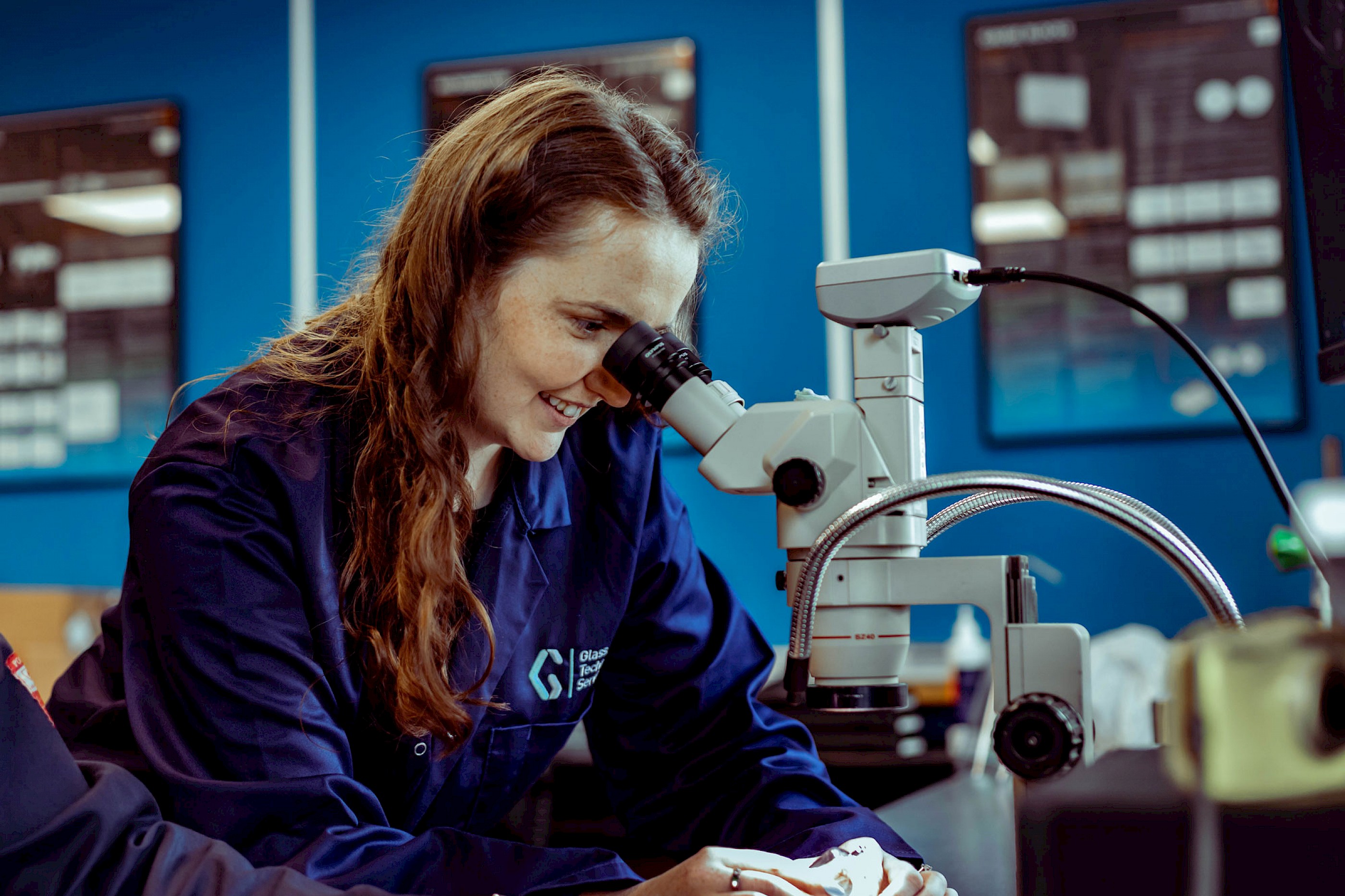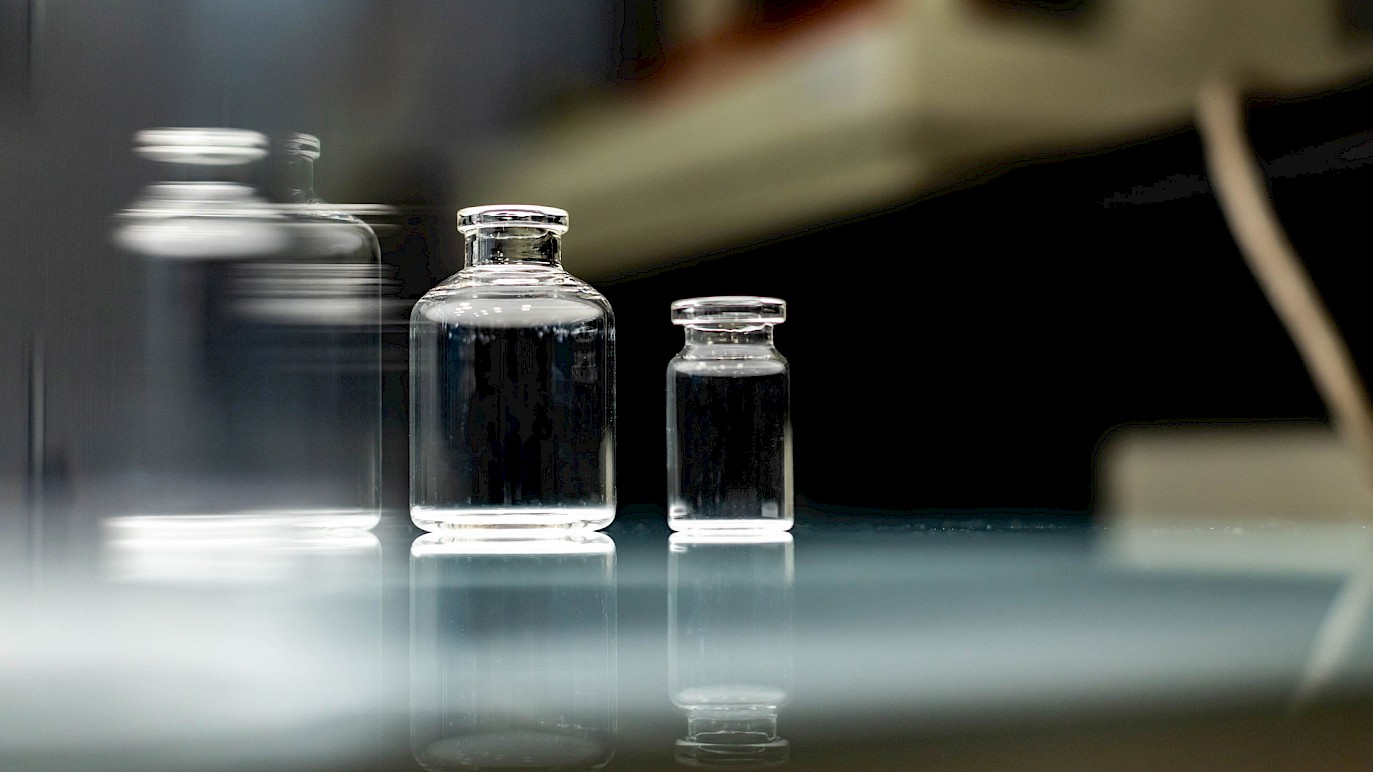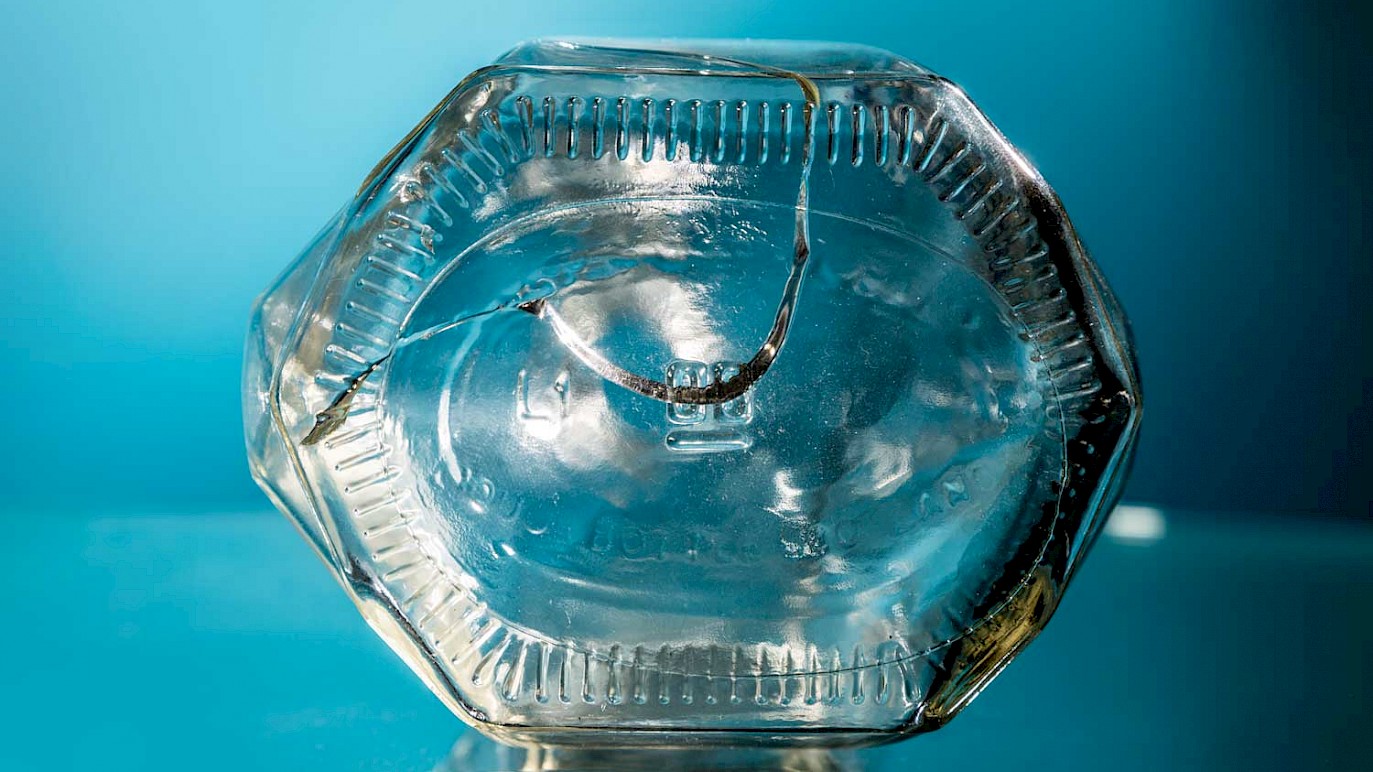
Over the last few months as we have continued to work during the COVID-19 pandemic, first as a reduced team in the laboratories to ensure we could safely service the critical industries that we support and now back to full service, we have noticed several trends develop across the different areas of the glass supply chain that we work with.
In recent weeks and months work has developed from pharmaceutical and food and drink customers as well as further advancements in the research and development side of the business.
Operations Director Gareth Jones said:
“Like many businesses across the country, the last few months have been a challenging time with the company having to adapt to a new way of working but during this time we’ve seen new opportunities arise and trends form in different markets due to the pandemic.
“In particular the pharmaceutical and food and drink sectors have had to change dramatically to fit the circumstances that we’re currently in and by identifying the trends that have developed in these markets, we’ve been able to tailor our services to best suit new and existing customers.”
Unsurprisingly during a pandemic, pharmaceutical work has increased with new customers from across the globe, including south east Asia, USA and Europe, as the pharmaceutical sector remains at the forefront of the fight against COVID-19.
The team at Glass Technology Services has been supporting the ongoing effort with recent work covering each type of pharmaceutical glass (I, II and III), delamination studies and failure analysis maintaining efficient turnaround times while adhering to social distancing and hygiene measures to keep colleagues safe.
As well as this, the research and development team have also adapted to the changing conditions and have been investigating the potential for increasing the proven antimicrobial activity of the controlled dissolution glasses produced by our partner manufacturing company, Vitritech Ltd.
Alongside the antimicrobial work, the team are also exploring the potential antiviral properties for glass-based materials for use as cleaning agents and as textiles for the use in garments and masks.
Progress on the EnviroAsh project has seen a new commercial manufacturing trial scheduled to begin in September following a successful pot furnace trial using waste ashes from biomass power stations.
Work also continues to develop the circular economy in glass with the successful completion of the FISSAC European construction industrial symbiosis project and research into alternative fuels for glass manufacture.
Away from the pharmaceutical industry, the enforced closure of bars and restaurants has had an effect on many industries, including the glass supply chain, and the subsequent increase in at home consumption has seen a welcome boost for others in the sector with glass still being used for more premium products.
This ebb and flow of the food and drinks market, alongside the essential status of glass manufacturers during the pandemic, has been seen in the customers we have served in this time with an increase in fracture and defect analysis for bottles used at home compared to commercial use.
Finally the success of our expert glass webinar series, which has covered topics including the glass manufacturing process and an overview of glass failure, has been an opportunity for us to pass on our expertise to new audiences and open up conversations with new customers from retail and food and drink sectors.
Glass Technology Services are specialists in the field of analysis, inspection, and performance testing for companies throughout the pharmaceutical supply chain, employing industry leading experts in the latest glass technologies, chemical durability, migration, and pharmaceutical packaging.
Contact us to find out how we can help.









